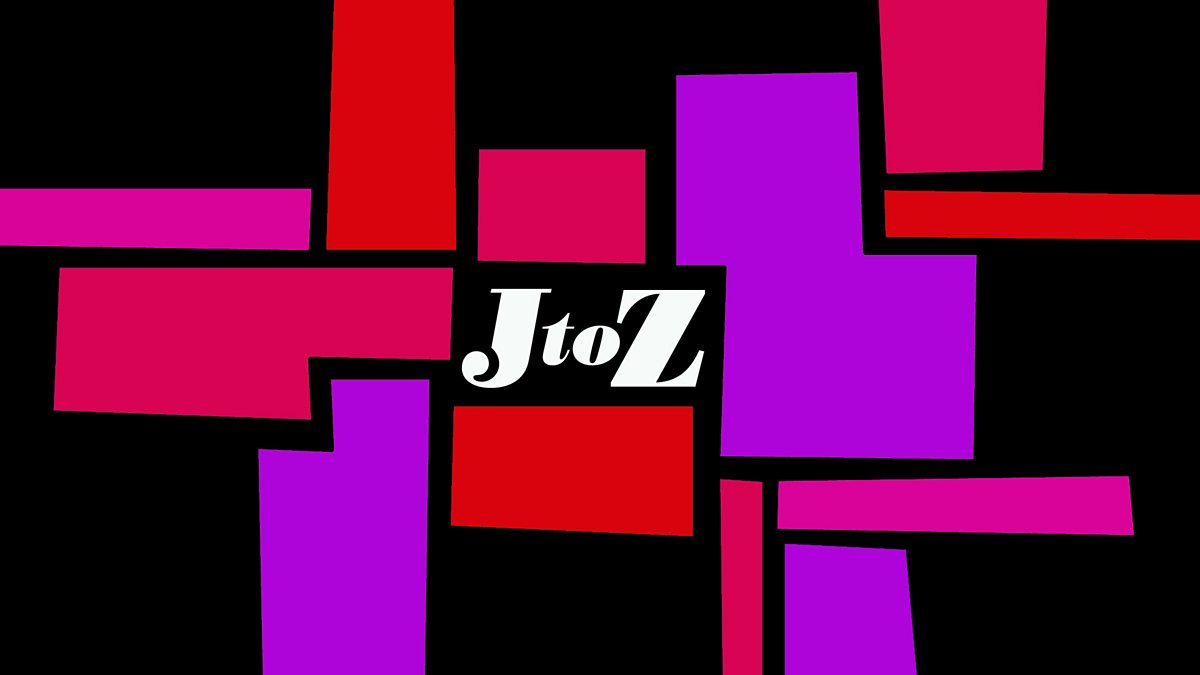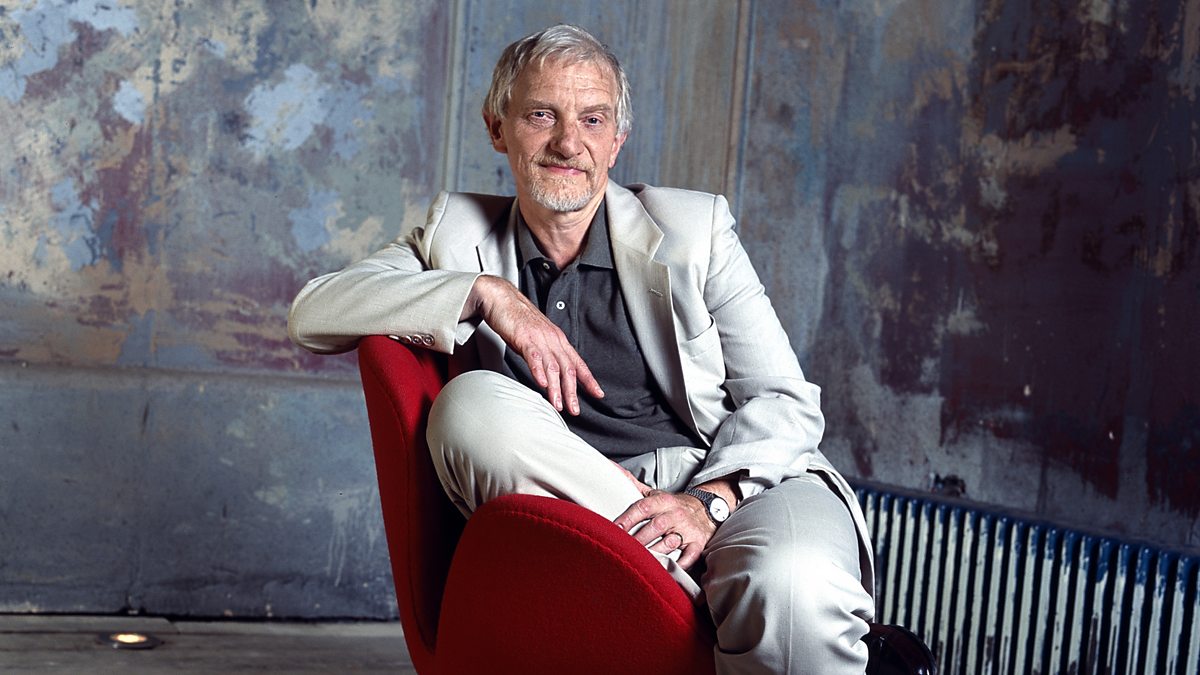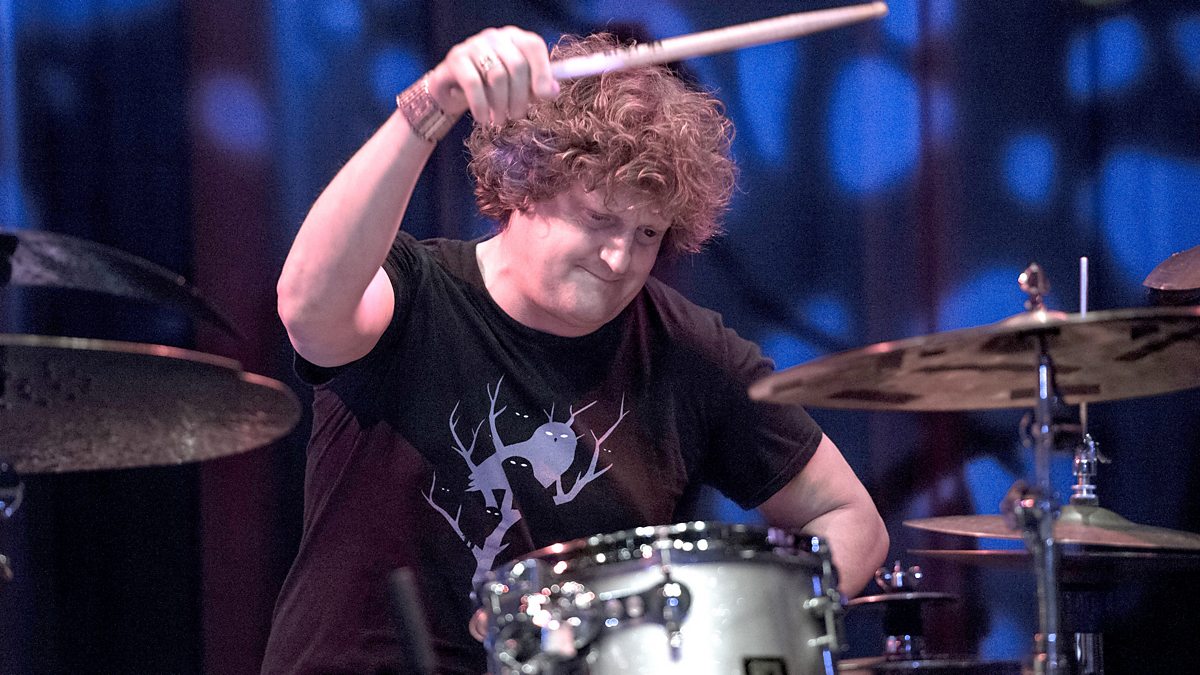Sat 2 June
4pm - Jazz Record Requests
Drawn from listener's letters and emails, Alyn Shipton's selection from the broad spectrum of jazz includes music from Pennsylvania-born pianist Errol Garner (1923-77).
He was only 54 when he died.
5pm - J to Z
Kevin Le Gendre presents highlights from BBC Music's recent Biggest Weekend festival, with acts including Manchester-based piano trio GoGo Penguin, the Scottish National Jazz Orchestra, and Jamie Cullum. See Tuesday 8pm Radio 2*
'Round Midnite - Geoffrey Smith's Jazz
Geoffrey Smith picks highlights from the band led by Duke Ellington between 1940 and 1942.
Arguably the Ellington unit that had the biggest influence on British influencees coming later?
Mon 4 June
11pm Jazz Now
Soweto Kinch introduces a concert from the Cheltenham Jazz festival given by New York drummer Jim Black's quartet Malamute, which features Oskar Gudjonsson on tenor sax, Elias Stemeseder on keyboards and Chris Tordini on electric bass.
All new names to me, but having followed Jim Black from the days he led his trio Miniature I've been an admirer of the drummer, as player, composer and occasional electronics specialist.
*Jamie's programme next Tuesday talks to Tom Kerridge, broadcaster and founder of the Pub in the Park festival in Marlow - which no doubt Bucks the trends, not 'arf.
There's a lot of Bernstein on Radio 3 on Friday, if you're into that sort of thing.
4pm - Jazz Record Requests
Drawn from listener's letters and emails, Alyn Shipton's selection from the broad spectrum of jazz includes music from Pennsylvania-born pianist Errol Garner (1923-77).
He was only 54 when he died.

5pm - J to Z
Kevin Le Gendre presents highlights from BBC Music's recent Biggest Weekend festival, with acts including Manchester-based piano trio GoGo Penguin, the Scottish National Jazz Orchestra, and Jamie Cullum. See Tuesday 8pm Radio 2*
'Round Midnite - Geoffrey Smith's Jazz
Geoffrey Smith picks highlights from the band led by Duke Ellington between 1940 and 1942.
Arguably the Ellington unit that had the biggest influence on British influencees coming later?
Mon 4 June
11pm Jazz Now
Soweto Kinch introduces a concert from the Cheltenham Jazz festival given by New York drummer Jim Black's quartet Malamute, which features Oskar Gudjonsson on tenor sax, Elias Stemeseder on keyboards and Chris Tordini on electric bass.
All new names to me, but having followed Jim Black from the days he led his trio Miniature I've been an admirer of the drummer, as player, composer and occasional electronics specialist.
*Jamie's programme next Tuesday talks to Tom Kerridge, broadcaster and founder of the Pub in the Park festival in Marlow - which no doubt Bucks the trends, not 'arf.
There's a lot of Bernstein on Radio 3 on Friday, if you're into that sort of thing.






Comment